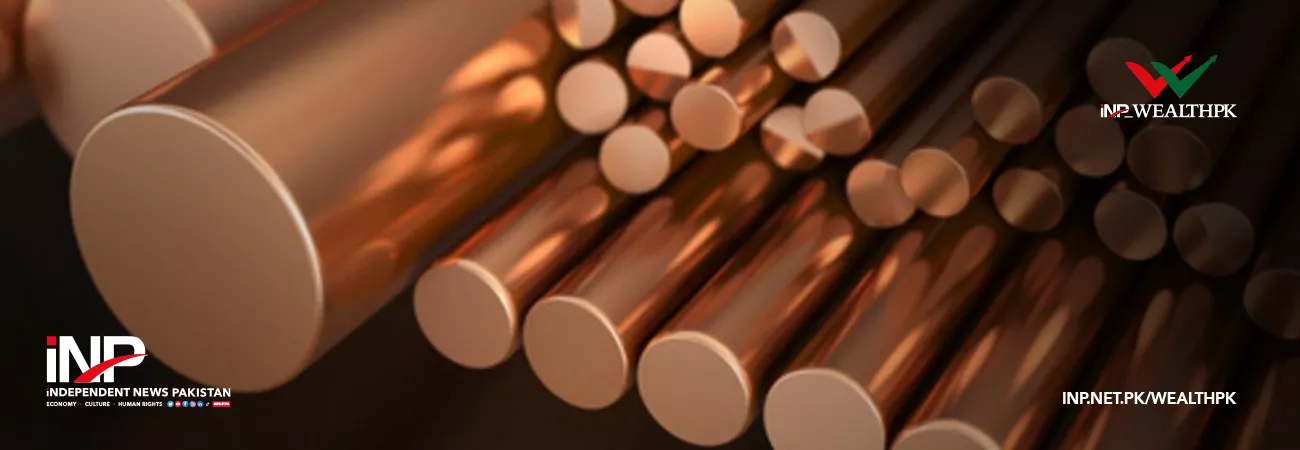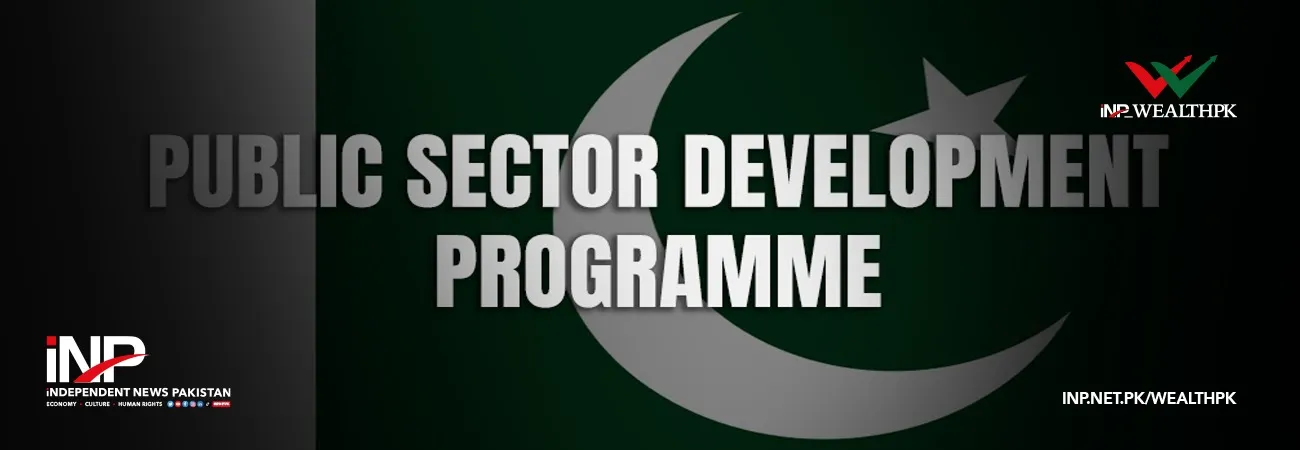INP-WealthPk
Faiza Tehseen
Despite having the potential to produce bronze locally, Pakistan imports large quantities of the metal to make goods from it. The country not only can meet its local needs but can also export bronze and products made out of it if local manufacturing is initiated on a large scale and the subsequent value-addition industry is established.

Pakistan imports bronze from the European Union, the United Arab Emirates and the United Kingdom. Discussing with WealthPK about electric products made out of bronze, Muhammad Azam, an electrical engineer, said bronze wire has excellent electrical and thermal conductivity. Bronze coils play a large role in the marine industry and are ideal for electronic parts. Phosphorus bronze is also used to manufacture springs, fasteners, bolts, etc, he added.

Bronze is an alloy traditionally composed of about 88% copper and 12% tin, which are abundantly found in the country. Due to its corrosion resistance, it is largely used in the marine industry, to manufacture coins, hardware mounts, furniture trims, ceilings, wall panels, ship hardware, and all sorts of automobile parts, weather stripping, springs, blades, turbines, electrical connectors, chips, etc. Its low metal-on-metal friction quality makes it ideal to craft bushings and bearings. It also keeps high formability, solderability, ductility, and weldability. It can be brazed as well.
It is also widely used in the architecture and construction industry like column cladding, handrails, doors, fountains, and other ornamental details because of its high casting quality. In the electronic industry, bronze wires are used in a variety of applications as a good heat and current conductor. A wider range of alloys for different purposes is made from bronze by the addition of different metals like zinc, nickel, manganese, aluminum; nonmetals i.e., phosphorus; and metalloids i.e., silicon, arsenic.

During a discussion with WealthPK, Yasir Shaheen, an assistant director of the Geological Survey of Pakistan (GSP), said a modern bronze manufacturing industry should be established in Pakistan as the metal is an important industrial alloy. Sharing his knowledge about the deposits of traditional metals used to make bronze like tin and copper, he said no work at the government level has been done to allocate and quantify the tin deposits in the country. “But if quarrying is carried out in a systematic way, a sizeable quantity can be found.
Tin mining is actively done in parts of the country under a few privately-owned leases, including in Oghi area of Mansehra.” He maintained that other rock-type deposits existed in Besti Gol and Miniki Gol areas of Gilgit Baltistan; Amalaf area of Saindak in Balochistan. “It can also be found in beach placers (Gadani, Sonmiani, and all other beach sites in the country), and river placers (Attock, Kalabagh, Chitral River, and Indus delta near Thatta). Eolian or wind placers of tin can also be found in the deserts of Rajasthan, Thar, Thal, and all other places in Pakistan.”

Dr Mahmood ul Hasan, deputy director (museums), department of archaeology and museums, said: “In Indus valley civilisation, which was also called the bronze age, bronze manufacturing and value addition was at its peak. Barter was the regular trade system, so no coins but vessels, artifacts, and weapons were made out of it at a large scale. Proper mining of needed metals and manufacturing was a well-established industry then.”He said many artifacts and other ornamental articles were still prepared and sent worldwide.

Discussing with WealthPK the crafting of bronze adorations, Dilip Kumar, owner of Taj Mahal Handicrafts, Islamabad, said: “Most of the bronze artisans still work in Multan and Karachi. Sometimes we provide them with bronze articles supplied from Karachi for further crafting. They are in high demand because of corrosion resistance and excellent outlook.”
Credit : Independent News Pakistan-WealthPk













